| Structure | Name/CAS No. | Articles |
|---|---|---|
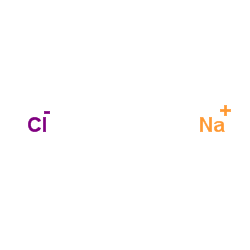 |
sodium chloride
CAS:7647-14-5 |
|
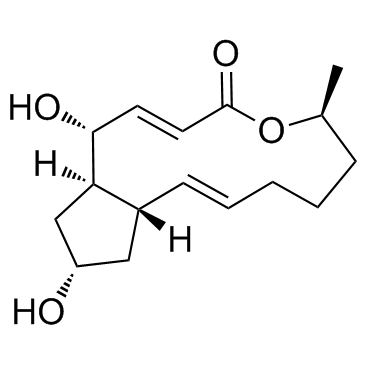 |
Brefeldin A
CAS:20350-15-6 |
|
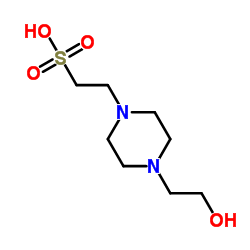 |
HEPES
CAS:7365-45-9 |
|
 |
SODIUM CHLORIDE-35 CL
CAS:20510-55-8 |
|
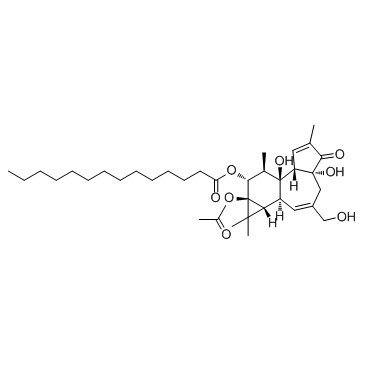 |
12-O-tetradecanoylphorbol-13-acetate
CAS:16561-29-8 |
|
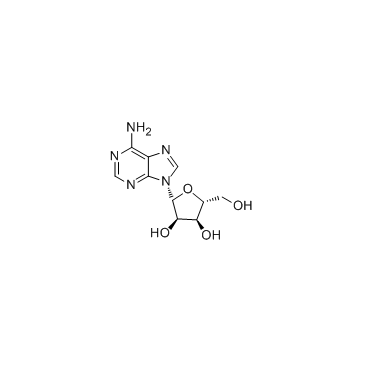 |
Adenosine
CAS:58-61-7 |
|
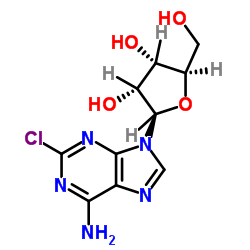 |
2-Chloroadenosine
CAS:146-77-0 |
|
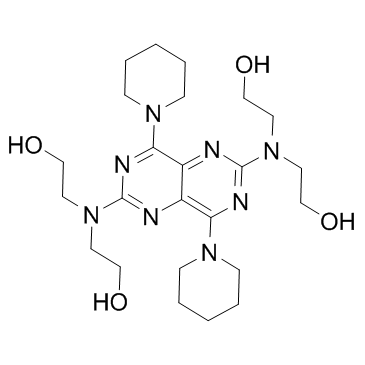 |
Dipyridamole
CAS:58-32-2 |
|
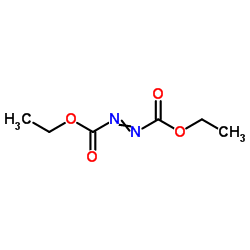 |
dead
CAS:1972-28-7 |